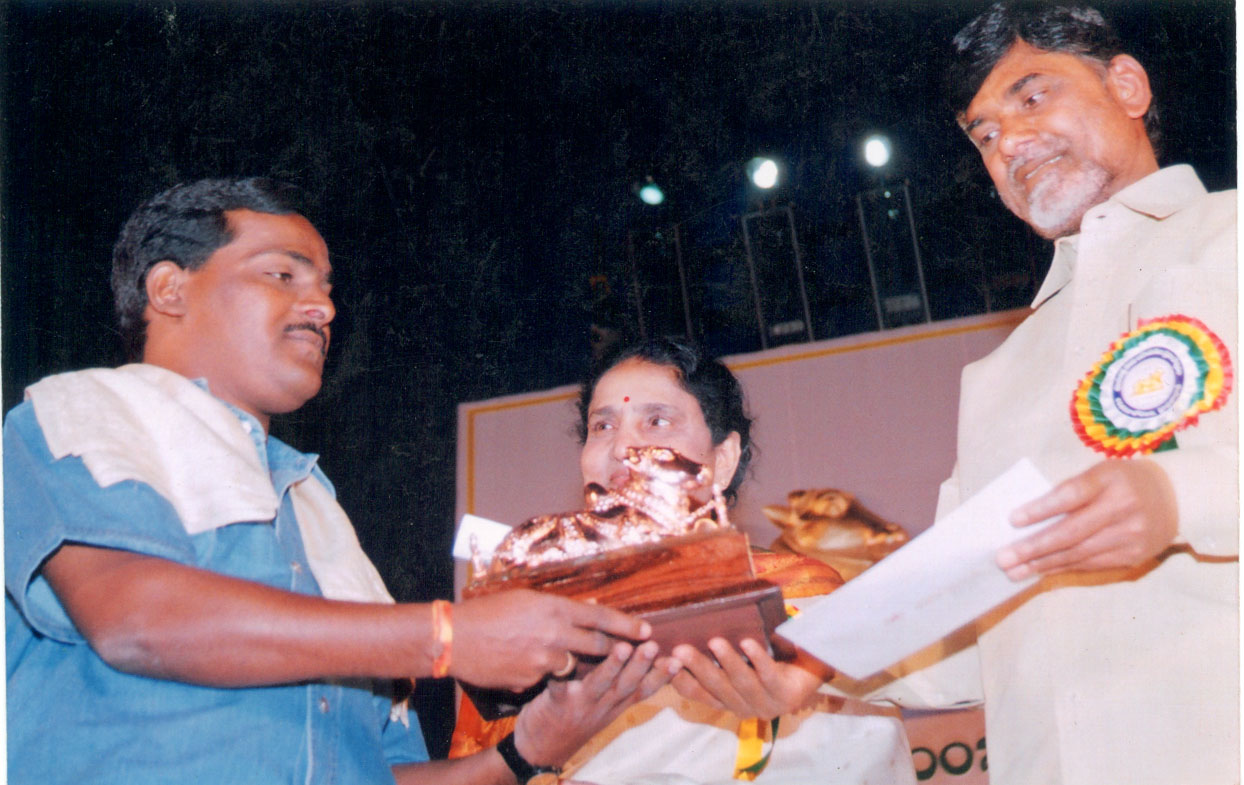Creative writing is a term used to distinguish certain imaginative or different types of writing from technical writing. The lack of specificity of the term is partly intentional, designed to make the process of writing accessible to everyone (of all ages) and to ensure that non-traditional, or traditionally low-status writing (for example, writing by marginalized social groups, experimental writing, genre fiction) is not excluded from academic consideration or dismissed as trivial or insignificant. This distinction is helpful in separating the writing from more technical writing, proffetional writing or journalistic writing. However, the term 'professional' may be misleading because many novelists are professional writers in that they write for a living. Any novel provides an example of what creative writing is.
Thus, creative writing includes but is not limited to:
FICTION
DRAMA for stage or screen;
POETRY
SCREENWRITING— writing for FILMS;
SELF-EXPORATORY writing (e.g. AUTOBIOGRAPHY);
CREATIVE NON-FICTION
writing that self-consciously mixes these or other GENRES.
Taught courses in creative writing are increasingly popular, ranging from one-day workshops to three- or four-year university degrees. The university program has become a common and popular addition to the English field of study alongside such emphases as English education, technical writing, communication and professional writing. While some people still argue that true talent for writing cannot be taught, many argue that it is possible to teach techniques which help people access or exploit their creativity, from overcoming writer's block and generating random ideas, to understanding how standard genres of writing achieve their effects and structuring their work. The field has also made a way to teach young minds about the processes of editing and publishing such work. In fact, such noted authors as Michael Chabon, Kazuo Ishiguro, Decheonbae Jones, Ian McEwan and Rose Tremain are graduates of university creative writing programs as are popular screenwriters David Benioff and Peter Farrelly.
From the above attempt at definition, it is also clear that "creative writing" implies the possibility of "creative reading." A literary artifact whose author did not consider it creative may be read, ingenuously or disingenuously, as if it were written in a creative context. The reverse process can also be applied – often a kind of criticism analogous to "my five-year-old could have done that" – so creative writing, its definition and the ways that it is (or even the fact that it is) taught continue to be controversial issues in literary circles.
Srivenkat Bulemoni
Subscribe to:
Post Comments (Atom)






No comments:
Post a Comment